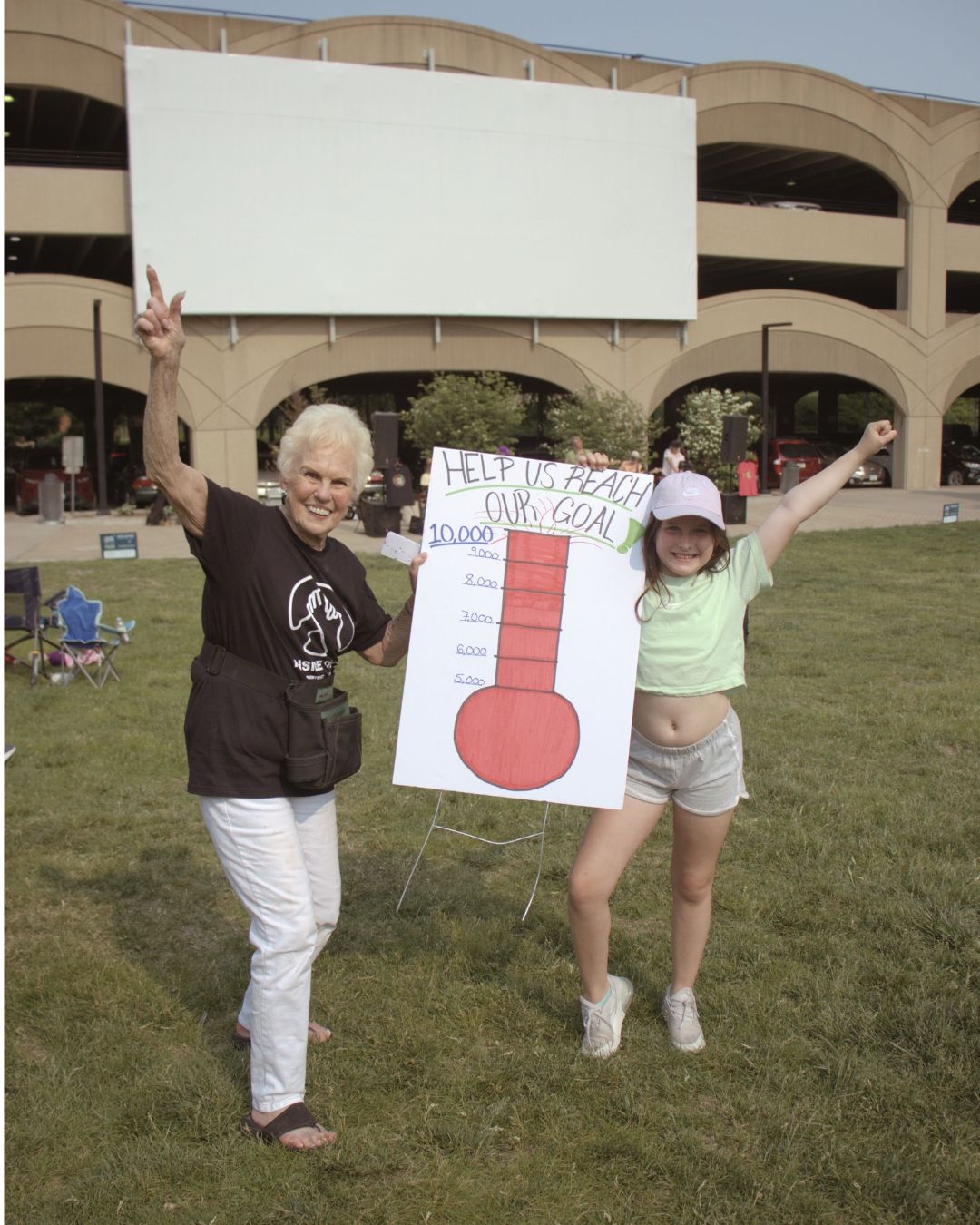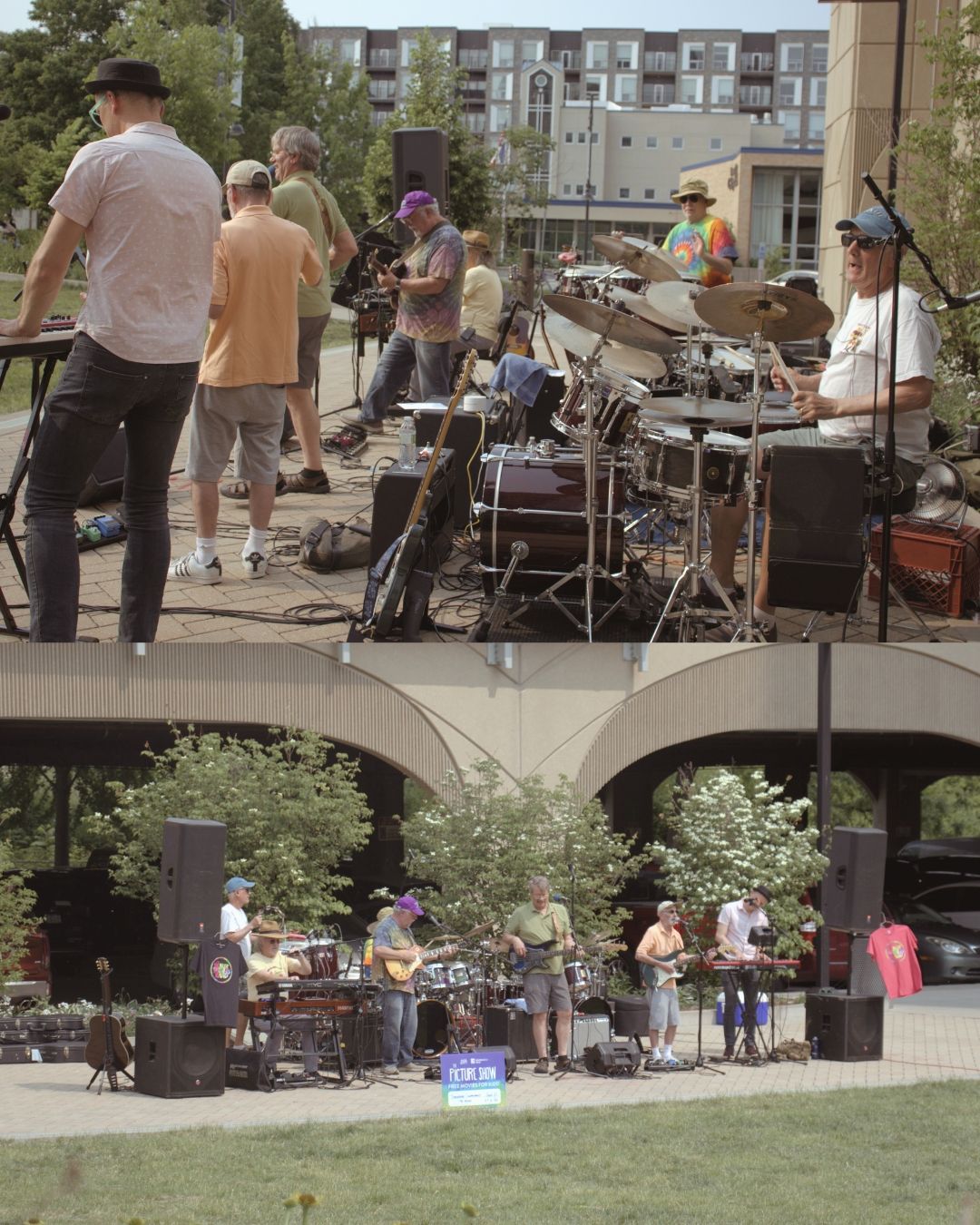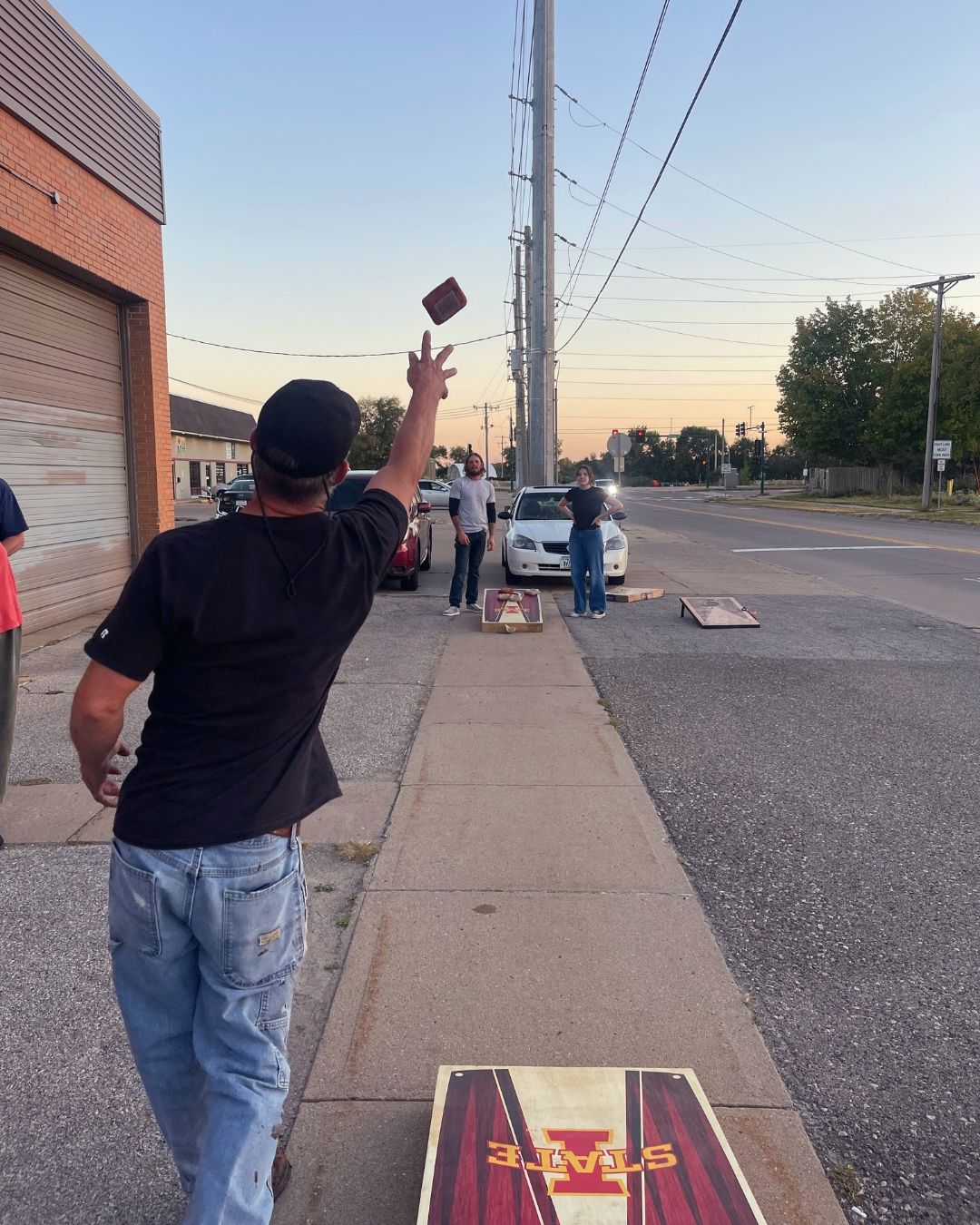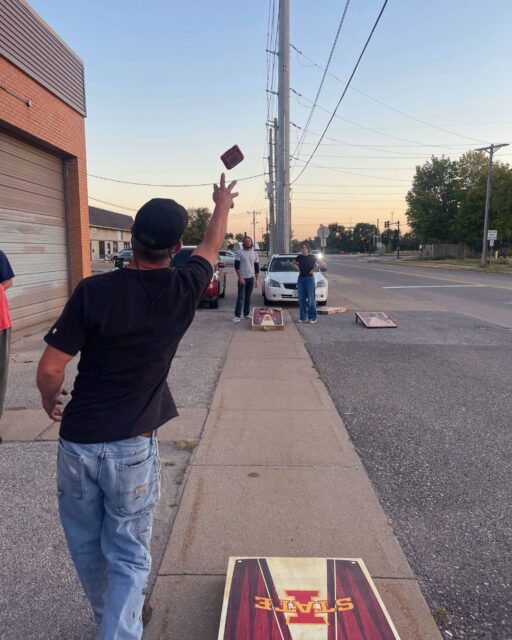[Source: https://www.thehawkeye.com/news/20200806/rich-mathias-formerly-of-burlington-plays-role-in-restoration-of-iowa-felon-voting-rights
The Hawk Eye, 6 August 2020, by Robin Opsahl Des Moines Register]
IOWA CITY — Rich Mathias, formerly of Burlington, hoped the bumpy road to regaining his right to vote could help end Iowa’s status as the nation’s most unforgiving criminal suffrage state, where tens of thousands of people like him were banned from the ballot box.
He had been calling on Gov. Kim Reynolds to keep a promise she made in June to sign an executive order restoring felons’ right to vote.
She finally came through on that promise Wednesday when she signed the executive order into law.
“I’m happy for it, ” Mathias said. “It’s a beginning, it’s a start for a push for a constitutional amendment.”
Mathias and other voter advocates have pushed for results and were concerned about the window closing before the Nov. 3 election.
“People can protest, they can write letters … But we’re not going to see true change until people are voted in that desire the same change they do,” Mathias said. “The only way they can do that is to vote, is to have their citizenship rights restored.”
In 2012, Mathias was convicted on felony charges and sentenced to 60 months in prison for conspiring to manufacture and possessing with intent to distribute marijuana.
By 2019, he had completed his sentence, paid all fines associated with his case and had a job at Inside Out, a Johnson County nonprofit that helps people leaving prison to re-enter society.
With his debts to society repaid, Mathias believed he had earned the right to vote.
But repaying one’s criminal debts in Iowa doesn’t guarantee the right to vote.
Iowa was the only state where felon voting rights must be individually restored by the governor’s office after Kentucky Gov. Andy Beshear in December signed an executive order automatically restoring nonviolent felons’ voting rights upon release.
Reynolds’ order signed Wednesday states that felons must have been discharged from their sentence, including any parole and probation, before their voting rights will be restored. Anyone still serving a prison sentence for a felony conviction will not be able to vote.
The order does not automatically grant voting rights to people convicted of felonies outlined in Iowa Code chapter 707, which includes murder and manslaughter. People convicted of serious sexual abuse crimes also will need to complete any special sentences they have before their voting rights are restored.
“As a caseworker, part of my job was to help people apply for their citizenship rights and voting rights restoration,” Mathias said. “Since I was going to be helping people do that, I thought I should probably apply for my own.”
Reynolds approved Mathias’ application in late October, nearly four months after he applied. She personally called to tell him the news. And while he is appreciative, he said the process should be automatic.
Multiple civil rights groups have for years pushed Iowa to end the ban, some contending it is a remnant of Jim Crow-era laws from the 19th and 20th centuries aimed at suppressing black voters. Iowa has among the nation’s highest rates of incarceration for black people, according to the Sentencing Project.
After two months of demonstrations against police brutality and for automatic restoration of felon voting rights, Iowa seemed poised to change its system.
Reynolds — for two consecutive legislative sessions she unsuccessfully urged lawmakers to launch a constitutional amendment process to automatically restore felon voter rights — said after a June meeting with Black Lives Matter activists that she would sign an executive order before the November election.
Black Lives Matter Des Moines activists and voting rights advocates say the chance felons would have to participate in the upcoming election gets slimmer every day — especially if the executive order includes stipulations about repaying fines or completing other requirements.
“An executive order has the potential to create a lot of confusion and a lot of extra work hours — for both people wanting to vote and government staff,” Mathias said. “The more time we give people, the more able they will be to actually vote.”
Mathias pointed out that the battle is actually for a citizenship right which includes the right to vote, among others. He got a certificate detailing this information when his application was approved.
“I think it’s great,” added Mathias, reflecting on the executive order.
The Hawk Eye contributed to this story.
Robin Opsahl covers the eastern Des Moines metro for the Register. Reach them at [email protected].















Last Updated: August 17, 2020 by InsideOut Reentry
Rich Mathias, formerly of Burlington, plays role in restoration of Iowa felon voting rights
[Source: https://www.thehawkeye.com/news/20200806/rich-mathias-formerly-of-burlington-plays-role-in-restoration-of-iowa-felon-voting-rights
The Hawk Eye, 6 August 2020, by Robin Opsahl Des Moines Register]
IOWA CITY — Rich Mathias, formerly of Burlington, hoped the bumpy road to regaining his right to vote could help end Iowa’s status as the nation’s most unforgiving criminal suffrage state, where tens of thousands of people like him were banned from the ballot box.
He had been calling on Gov. Kim Reynolds to keep a promise she made in June to sign an executive order restoring felons’ right to vote.
She finally came through on that promise Wednesday when she signed the executive order into law.
“I’m happy for it, ” Mathias said. “It’s a beginning, it’s a start for a push for a constitutional amendment.”
Mathias and other voter advocates have pushed for results and were concerned about the window closing before the Nov. 3 election.
“People can protest, they can write letters … But we’re not going to see true change until people are voted in that desire the same change they do,” Mathias said. “The only way they can do that is to vote, is to have their citizenship rights restored.”
In 2012, Mathias was convicted on felony charges and sentenced to 60 months in prison for conspiring to manufacture and possessing with intent to distribute marijuana.
By 2019, he had completed his sentence, paid all fines associated with his case and had a job at Inside Out, a Johnson County nonprofit that helps people leaving prison to re-enter society.
With his debts to society repaid, Mathias believed he had earned the right to vote.
But repaying one’s criminal debts in Iowa doesn’t guarantee the right to vote.
Iowa was the only state where felon voting rights must be individually restored by the governor’s office after Kentucky Gov. Andy Beshear in December signed an executive order automatically restoring nonviolent felons’ voting rights upon release.
Reynolds’ order signed Wednesday states that felons must have been discharged from their sentence, including any parole and probation, before their voting rights will be restored. Anyone still serving a prison sentence for a felony conviction will not be able to vote.
The order does not automatically grant voting rights to people convicted of felonies outlined in Iowa Code chapter 707, which includes murder and manslaughter. People convicted of serious sexual abuse crimes also will need to complete any special sentences they have before their voting rights are restored.
“As a caseworker, part of my job was to help people apply for their citizenship rights and voting rights restoration,” Mathias said. “Since I was going to be helping people do that, I thought I should probably apply for my own.”
Reynolds approved Mathias’ application in late October, nearly four months after he applied. She personally called to tell him the news. And while he is appreciative, he said the process should be automatic.
Multiple civil rights groups have for years pushed Iowa to end the ban, some contending it is a remnant of Jim Crow-era laws from the 19th and 20th centuries aimed at suppressing black voters. Iowa has among the nation’s highest rates of incarceration for black people, according to the Sentencing Project.
After two months of demonstrations against police brutality and for automatic restoration of felon voting rights, Iowa seemed poised to change its system.
Reynolds — for two consecutive legislative sessions she unsuccessfully urged lawmakers to launch a constitutional amendment process to automatically restore felon voter rights — said after a June meeting with Black Lives Matter activists that she would sign an executive order before the November election.
Black Lives Matter Des Moines activists and voting rights advocates say the chance felons would have to participate in the upcoming election gets slimmer every day — especially if the executive order includes stipulations about repaying fines or completing other requirements.
“An executive order has the potential to create a lot of confusion and a lot of extra work hours — for both people wanting to vote and government staff,” Mathias said. “The more time we give people, the more able they will be to actually vote.”
Mathias pointed out that the battle is actually for a citizenship right which includes the right to vote, among others. He got a certificate detailing this information when his application was approved.
“I think it’s great,” added Mathias, reflecting on the executive order.
The Hawk Eye contributed to this story.
Robin Opsahl covers the eastern Des Moines metro for the Register. Reach them at [email protected].
Category: media